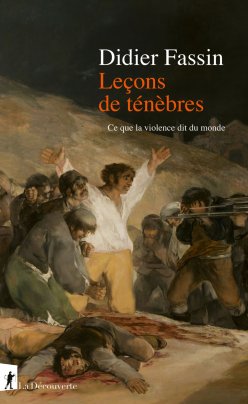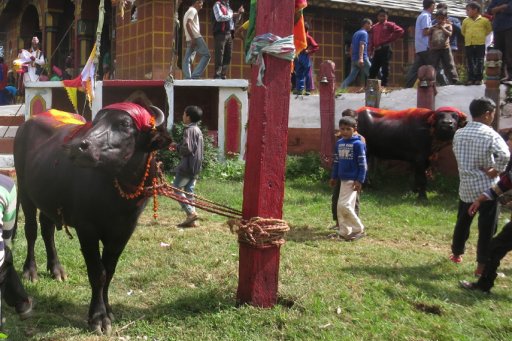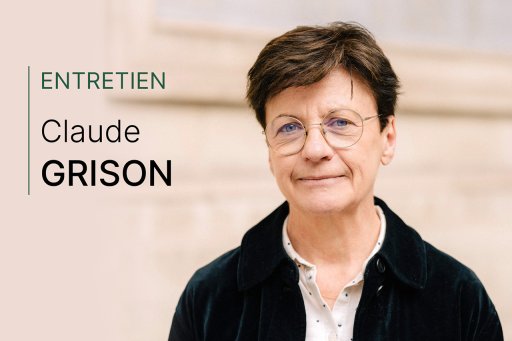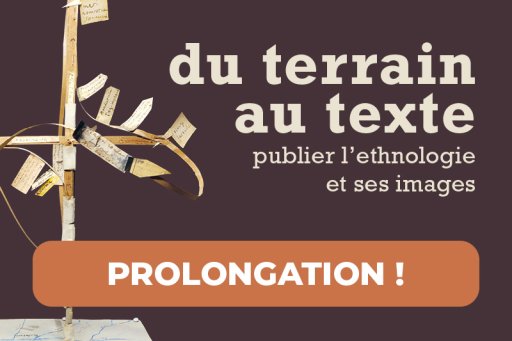
Didier Fassin
Lessons from darkness. What violence says about the world
Violence haunts the world. From homicides to genocides, from sexual abuse to civil wars, from the repression of protests to the persecution of minorities, from citizen movements that denounce it to institutional silences that conceal it, it is an integral part of life in society and the human experience. Present in political discourse and artistic production, in the public space and social networks, it is constantly being questioned, contested and redefined, by law and legislation as well as by social mobilizations and scholarly discourse, revealing its multiple dimensions - symbolic and structural, moral and psychic, gender and state.
Paradoxically, however, the social sciences did not begin to analyze it until late. Conversely, the myths and narratives of its origins have been constantly updated for ideological purposes, while psychoanalysis, ethology and political philosophy have explored it from various genealogical perspectives. But violence is not only an object of study, it's also a living material that writers and film-makers, jurists and witnesses, soldiers and activists have seized upon. The way it is written and represented raises questions about the ways in which it can be qualified and attested, and about the possibility of refusing or, on the contrary, defending it.
By studying its forms, we aim to understand what the world says about violence, and what violence does to the world.
Fassin D., Leçons de ténèbres. Ce que la violence dit du monde, Paris, La Découverte, coll. " Scienes humaines ", 2025, 324 p.
ISBN : 978-2-3480-8935-0
Price :22 €
Publication : 4 septembre 2025









